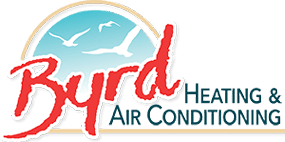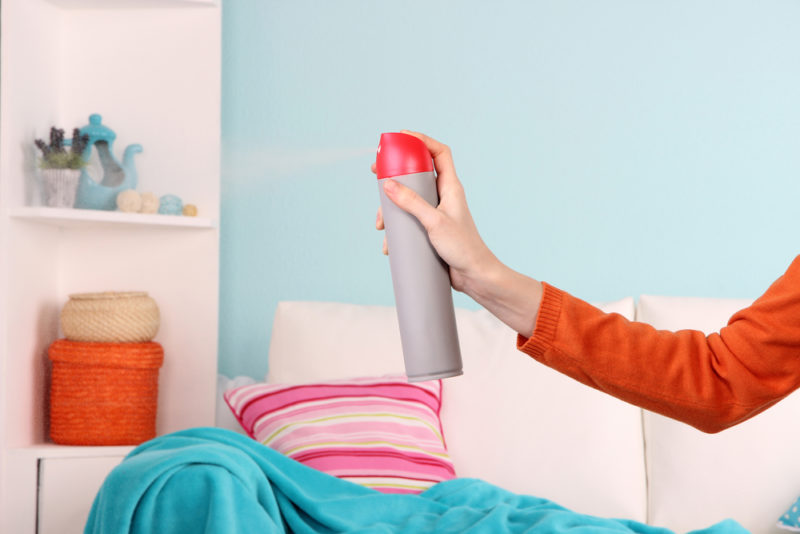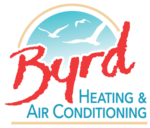We often focus on the dangers of outdoor air. But did you know that the air in your home in your Richmond Hill, Georgia, can be up to five times more polluted than outdoor air? In this post, we’ll discuss six common household products that pollute indoor air.
Paint
Where do you store your nearly empty paint cans? If they are in your home or garage, these cans can give off gases and have an impact on you and your family’s breathing. Choose low-VOC (volatile organic compounds) paints for less air pollution.
Cleaning Products
You may love the smell of your home when it has just been cleaned. But many cleaning supplies are loaded with VOCs. Instead of using scented cleaning products, clean your home with unscented products, or better still, with natural products such as water, vinegar, and baking soda. You may be surprised to find how well these natural products work, and they will reduce you and your family’s exposure to harmful VOCs.
Aerosol Sprays
Some products that are used inside your home not only damage your indoor air, but also add to outdoor pollution. One of these products is aerosols. Aerosol sprays are full of VOCs — decrease pollution by avoiding using them whenever possible.
Dry Cleaning
A residue of a carcinogenic VOC called perchloroethylene is found to release into the air from dry-cleaned clothing. Check your clothing labels before automatically sending them for dry-cleaning. You may have the option of hand-washing. Choose the healthier DIY method to keep your indoor air healthy.
Air Fresheners
Did you know that air fresheners can emit over 100 different chemicals? This cocktail of chemicals can trigger asthma attacks, breathing issues, and migraines. To keep your home smelling clean and fresh, why not open a window or turn on a fan to circulate the fresh air?
Candles
Candles may smell good and create a nice ambiance, but they have ultra-fine particles that contribute to exposure of indoor particulate matter, associated with lung inflammation. If you love candles, choose ones made from beeswax.
Contact us at Byrd Heating and Air Conditioning today at 912-373-8447 for all your air quality questions.
Image provided by Shutterstock




